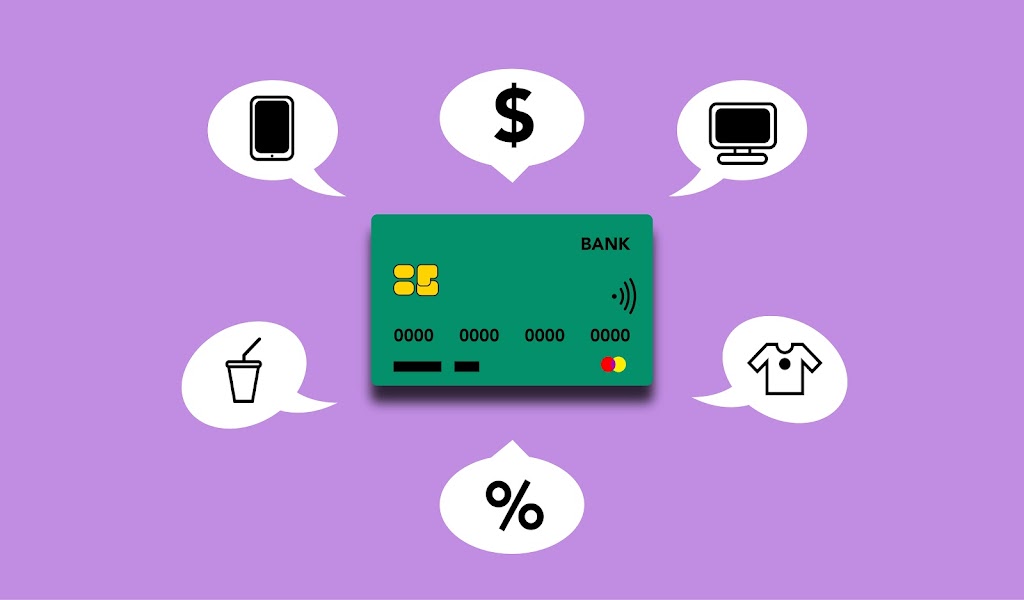This guide will provide you with strategies for managing your
personal finances. It will cover how to set aside money for retirement, how to
manage your debt, and how to invest in your future. You can use this
information to improve your current financial situation, or as a starting point
to learn more about your personal finances. What can you do to improve your tomorrow?
Whether you’re starting fresh or looking to improve your financial
health, a financial plan is an essential tool for managing your money. It can
also help you avoid common financial pitfalls, such as overspending and not
saving enough, and can help you better understand your financial situation and
how to improve it. These strategies can help you prioritize your goals, set
achievable savings goals, and strategize for the future.
Devise a Budget
A budget is a plan for how much money you will spend each month on
various categories, such as groceries, gas, and other expenses. By creating a
budget, you will be able to identify areas where you are overspending and take
steps to reduce those expenses. This will also help you to identify where you
can reduce your debt, which will help you to build a strong financial foundation.
One of the most important things you can do to improve your finances is to
devise a budget. A budget is a plan for how much money you will spend each
month on various categories, such as groceries, gas, and other expenses. By
creating a budget, you will be able to identify areas where you are
overspending and take steps to reduce those expenses. This will also help you
to identify where you can reduce your debt, which will help you to build a
strong financial foundation.
·
Fifty
percent of your take-home pay or net income (after taxes that is) goes toward
living essentials, such as rent, utilities, groceries, and transport. The
remaining forty percent of your income is available for discretionary spending.
This includes spending on groceries, entertainment, hobbies, and other items.
You should aim to live on fifty percent or less of your net income.
· 30%
of your paycheck should go to bills and 20% to savings. One way to save is to
set up a monthly budget, track you’re spending, and stick to it. You also want
to save a set amount each month for unexpected expenses. For example, if you
don’t have enough finances to pay the rent, you can use savings to pay the rent
on time.
·
Save
20% of your paycheck for the future through a retirement account. An IRA or
traditional account is a good way to save because it doesn’t cost you a dime
until you start to withdraw. However, the longer you wait to start taking money
out, the more you’ll need to save. It may take you 20 years or more to save
enough for a comfortable retirement, and you’ll need to save even more once you
retire.
One of the most important financial goals you can set is to set
aside money in an emergency fund. An emergency fund is a savings account
specifically designed to give you a financial cushion—in case you need extra
money to pay for an unexpected bill, to help with an emergency loan, or to
replace an object that was broken. A good idea is to start an emergency fund
when you first open your account. You should save or set aside approximately 3
to 6 months of your paycheck (before taxes, of course) or a set amount each
month.
It’s important to keep a portion of your money in an emergency fund
to make sure that you have an extra cushion in case of an emergency. This money
should be kept in a money box (or similar safe) that is stored at home and
accessible only to you. Make sure that the money box is stored some place safe
and is hidden from children so that it can’t be easily accessed. If your
children see the money box, they might be tempted to open it and steal some of
the money inside.
Limit Debt:
Debt is something that we all have to watch out for. You have to be
aware of how much you are spending, where you are spending it, and how high the
interest charges are. It’s important to save or set aside money for
emergencies, but it’s also important to be smart about your spending. If you
don’t have an emergency fund, think about building one.
It sounds simple enough: To keep debt from getting out of hand,
don’t spend more than you earn. Of course, most people do have to borrow from
time to time, and sometimes going into debt can be advantageous—for example, if
it leads to acquiring an asset. Your debts should be your first financial
priority. The earlier you start paying them off, the faster you’ll pay them
off.
Use Credit Cards Wisely.
When it comes to using credit cards, it’s important to be smart
about how and when you use your credit cards. You should use credit cards only
when you know that you can pay them off in full each month. You should also use
credit cards only when you have a solid plan for paying off the balance each
month. When you use your credit cards, you should be aware of the interest
rates that will be charged on your balance.
One way to manage your debt is to use credit cards wisely. As long
as you keep your card balances below 30% of your limit, your credit score
shouldn’t suffer. The key is to use your credit card for small purchases, such
as groceries and clothes, and only use your card for major expenses, such as a
car or house. This helps you to keep your debt under control.
There are two ways to use credit cards. The first is to use credit
cards as a way to build a credit history so that you can qualify for loans and
other credit cards in the future. The second is to use credit cards as a quick
way to get the money you need. The best approach is to use credit cards only
when you really need the money.
Monitor Your Credit Score
The most important thing when it comes to monitoring your credit
score is to make sure that you don’t have any open credit card accounts. If you
have credit card accounts open, you should monitor your spending on your credit
cards so that you don’t end up in debt. The best way to monitor your credit
card spending is to use a credit card that has a credit card limit that is no
more than 30% of your limit on a traditional credit card, and no more than 15%
on an installment credit card. This way, if you only use your credit card for
small purchases, your credit card limit will be lower than if you use it for
larger purchases.
The best way to do this is to set up automatic payments so that you
don’t have to remember to pay your credit card bill every month. By watching
your credit card spending, you can also find opportunities to use your credit
cards more strategically.
Consider Your Family
When it comes to managing your money, it’s important to consider
your family’s needs as well as your own. The decisions you make about your
family’s money will have an impact on the decisions that your family makes
about money. If you have children, it’s important to set aside some money so
that you can provide for their needs.
When it comes to managing your family’s finances, the first thing
that you need to do is to identify each family member’s financial strengths and
weaknesses. This will help you to determine which family members should be
responsible for which areas of the family’s finances. For example, if you have
children, you might want to assign one family member to manage all of the
family’s financial purchases, while another family member is responsible for
managing the family’s education savings. Each family member should also be
responsible for managing their own expenses.
The most important thing when it comes to managing your debt is to
make sure that you don’t have any open credit card accounts. If you have credit
card accounts open, you should monitor your spending on your credit cards so
that you don’t end up in debt. The best way to monitor your credit card
spending is to use a credit card that has a credit card limit that is no more
than 30% of your limit on a traditional credit card, and no more than 15% on an
installment credit card. This way, if you only use your credit card for small
purchases, your credit card limit will be lower than if you use it for larger purchases.
Plan (and Save) for Retirement
Plan Ahead – Start Saving – Make Sure You Have Enough – Conserve
for the Future – Get Your Financial Fit — Avoid the Retirement Trap
Planning for retirement can be difficult, but the more you plan,
the better. The earlier you start saving, the sooner you can retire with
confidence, says certified financial planner Robert Powell, managing director
of Stone haven Partners. If you wait until the end of your life to start
saving, he says, “you’ll never get it done.”
Being prepared for retirement is one of the most important
financial tasks of your life. If you are currently saving for retirement, you
may be on track to reaching your goals. But, if you are not, now is the time to
get serious about saving. By saving for retirement, you can help put your money
where it will do the most good for you in the long run.
All too often, people set up a complex system with many moving
parts, which is difficult to follow and maintain. The best way to simplify this
process is to establish a few fundamental procedures. For example, you should
keep all your important documents in one place. You should also have a
financial plan that lays out what you will do with your money, how you will
manage your money, and how you will use it to pay for your goals.
TO SURMISE.
- Arranging—this means that you’re able to look at
your finances, distinguish what keeps the money coming and that you stay
concentrated on those efforts.
- Valuation—this is the important skill that keeps
professionals from staying financially focused. Determined individuals always
have a list of ideas about other ways that they can hit it big, whether it is a
side business or an investment idea. While there is absolutely a place and time
for taking a flyer, running your finances like a business means stepping back
and honestly evaluating the possible costs and benefits of any new venture.
- Restraint—this is the final skill of a successful business
organization that must be applied to private finances. Frequently, earning
billions a year won’t do you much good if you spend more annually. Learning to
confine spending on non-wealth-building assets until after you’ve met your
monthly savings or debt reduction goals is crucial in building net worth.









